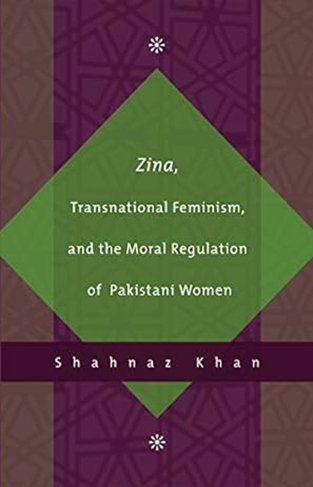Zina, Transnational Feminism, and the Moral Regulation of Pakistani Women
Zina, Transnational Feminism, and the Moral Regulation of Pakistani Women
By:
-
Rs 212.50
- Rs 250.00
- Ex Tax :Rs 212.50
- Price in loyalty points :250
You saved Rs 37.50.
Due to constant currency fluctuation, prices are subject to change with or without notice.
The Zina Ordinance is part of the Hadood Ordinances that were promulgated in 1979 by the military dictator General Zia-ul-Haq a self-proclaimed president of Pakistan. Since then, tens of thousands of Pakistani women have been charged and incarcerated under the Zina Ordinance, which governs illicit sex - both adultery and fornication in general. Although most of these women are subsequently released for lack of evidence, they spend months or years in jail before trial. Despite international calls for its repeal, these laws still remain in effect.
From 1998 to 2002, Shahnaz Khan interviewed women who had been incarcerated under the zina laws in Pakistan. She argues that the zina laws help situate morality within the individual, thus de-emphasizing the prevalence of societal immorality such as injustice, corruption, and continued impoverishment of the greater segment of the Pakistani population.
Khan concludes that transnational feminist solidarity can help women identify the linkages between the local and global and challenge oppressive practices internationally. This analysis will appeal to scholars and students of gender, law, human rights, and Islamic/Middle Eastern studies.



